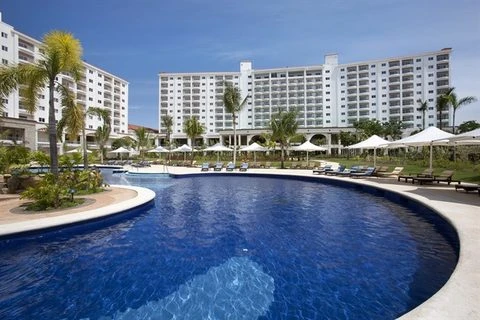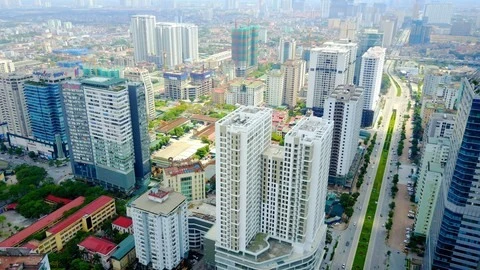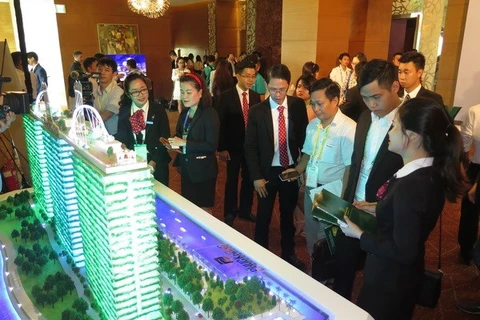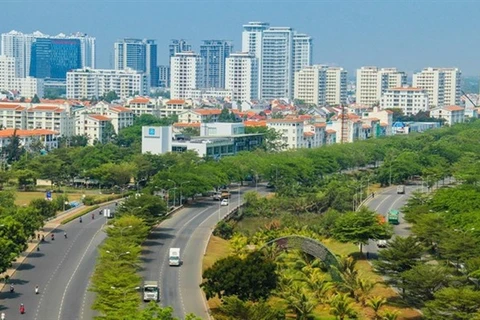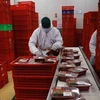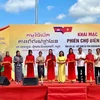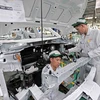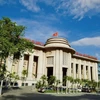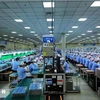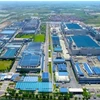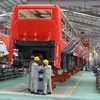Hanoi (VNA) – Condominium property prices remained fairly stable during the first half of 2018, with under 2 percent in fluctuations.
The country’s real estate inventory at present is estimated at approximately 24.3 trillion VND (1.07 billion USD), down 81 percent from the peak of the property crisis in the first quarter of 2013 and 4.29 percent from the end of 2017.
According to a report by the Ministry of Construction’s Institute of Construction Economics, the average price of condominium units in Hanoi during the first quarter of the year rose by 0.19 percent against the final quarter of 2017. The prices of luxury and low-end segments experienced increases of 0.33 percent and 0.84 percent, respectively, while those of mid-range projects was down just 0.01 percent.
In the southern largest economic hub of Ho Chi Minh City, the condominium market recorded greater growth in terms of pricing than Hanoi. In the first three months of 2018, the average price of condominium units gained 1.24 percent from the previous quarter, with the high-end, mid-range, and budget projects up 0.41 percent, 1.53 percent, and 1.45 percent, respectively.
In the landed property market, the average price in Hanoi increased by 1.13 percent from the end of last year, whereas in Ho Chi Minh City, it went up 3.01 percent.
Land lot prices have been soaring in areas where new urban zones, industrial parks, or resorts are being developed or are about to be set up like District 9, Cu Chi, and Can Gio districts in HCM City; Nha Trang – the capital city of Khanh Hoa province; and areas around the Long Thanh International Airport project in Dong Nai.
A similar trend has sprung up in Van Don (Quang Ninh), Van Phong (Khanh Hoa), and Phu Quoc (Kien Giang) where special economic zones are planned, however this has come alongside an increase in illegal conversions of forest and agricultural lands for other purposes.
According to property service provider CBRE, Vietnam’s foreign direct investment (FDI) – including newly registered capital, increased capital, capital contribution, and share purchase – reached a total of 20.3 billion USD between January and June this year, an increase of 5.7 percent year-on-year.
The real estate sector has attracted the second largest FDI injection with 5.54 billion USD, accounting for 27.3 percent of total FDI coming in.
Hanoi was the country’s leader in FDI approvals in the first half of 2018, with 5.87 billion USD. The highlight of this period was when Japan-based Sumitomo Corp along with other local partners such as BRG were approved by the city’s People's Committee for a 4.13-billion USD smart city project in Dong Anh district.
Lotte Group from the Republic of Korea also pledged to invest 600 million USD in a high-end international standard complex, including shopping centres, office spaces, and hotels in Hanoi.-VNA
VNA

